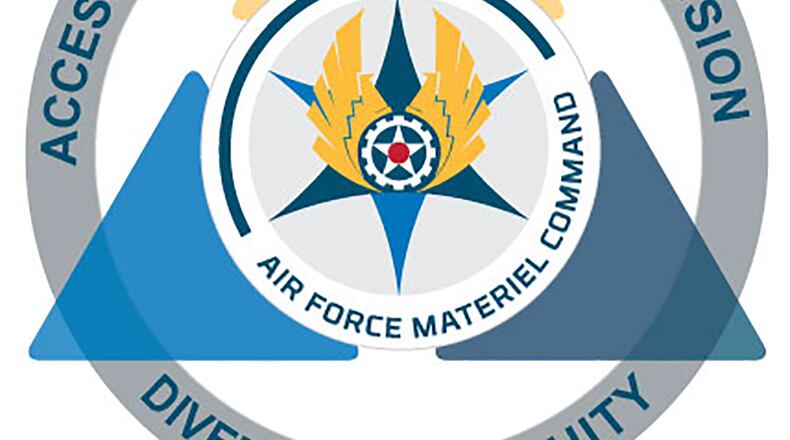This policy applies to all boards for military and civilian awards and special trophies. While special awards include over 130 recognition opportunities every year, a few examples of awards that fall under this policy include: science, technology, engineering and math awards, functional awards, Air Force associated awards, Lance P. Sijan, as well as quarterly and annual award programs, according to Mary Clingerman, a branch chief in the Personnel Programs Division whose team is responsible for execution of the policy in the Air Force Life Cycle Management Center.
The three major pillars of this policy include diversity of award board members, redaction of nomination data to minimize the chance that demographic information influences scoring of award packages, and reporting of demographic data to capture both board member and nominee demographic composition.
“If an organization has multiple nominations to evaluate for award consideration, a board of at least three people, representing the diversity of the organization, must be assembled to evaluate the nominations. Boards held at any level within an organization would be expected to comply with this policy when they’re considering award nominations,” Clingerman said.
In addition to the use of panels, award nomination packages will have Personal Identifiable Information to include name, race/ethnicity, gender-specific language and photos redacted, when possible, before the package is presented to the board for evaluation and scoring.
“Lastly, board members and nominees are asked to voluntarily disclose demographic data so we are able to capture and analyze summary-level demographic data to ensure compliance with this policy,” said Clingerman. “These efforts are focused on increasing transparency and trust in our awards process. Recognizing workforce contributions is a critical element to our mission success; this policy will help ensure that AFLCMC Special Trophies & Awards Programs are both transparent, fair, and appropriately represent and embrace the diversity of our workforce as a whole.”
The new award policy is just one of a number of ongoing efforts to address Diversity, Equity, Inclusion and Accessibility across AFMC. While redaction of demographic information on award packages aims to minimize any bias from impacting award selection committee decisions, it is not the only way the command is working to achieve greater transparency across programs as a whole, said Keith Tickle, AFMC chief of Diversity, Equity, Inclusion, and Accessibility.
“This is just one of the many efforts we will pursue and is not going to stand alone as the success to DEIA when it comes to awards,” Tickle said. “We will continue to study the program results and continue making improvements as needed.” For more information on AFMC Diversity, Equity, Inclusion and Accessibility efforts, visit https://www.afmc.af.mil/About-Us/Featured-Topics/Diversity/
About the Author
